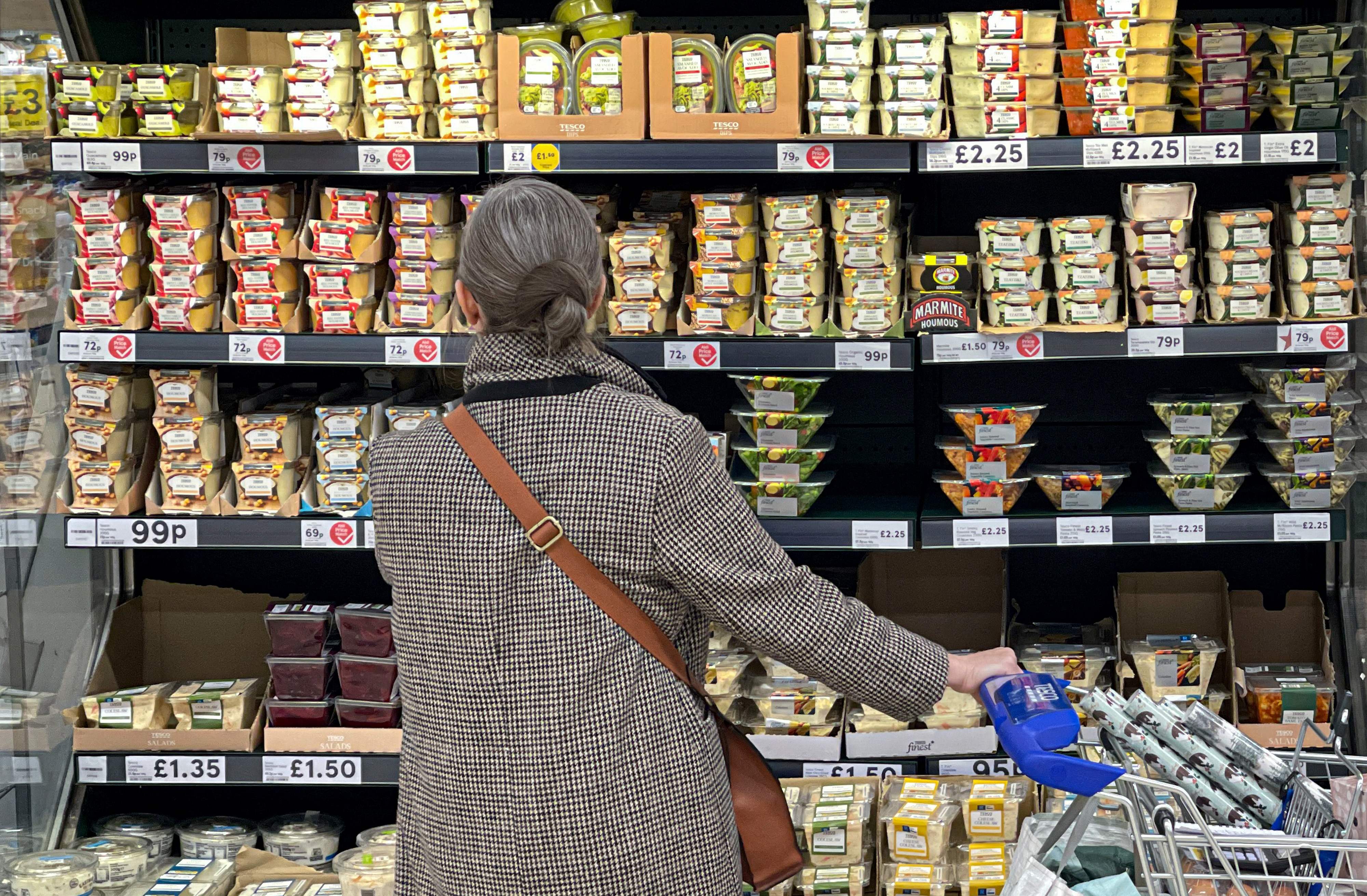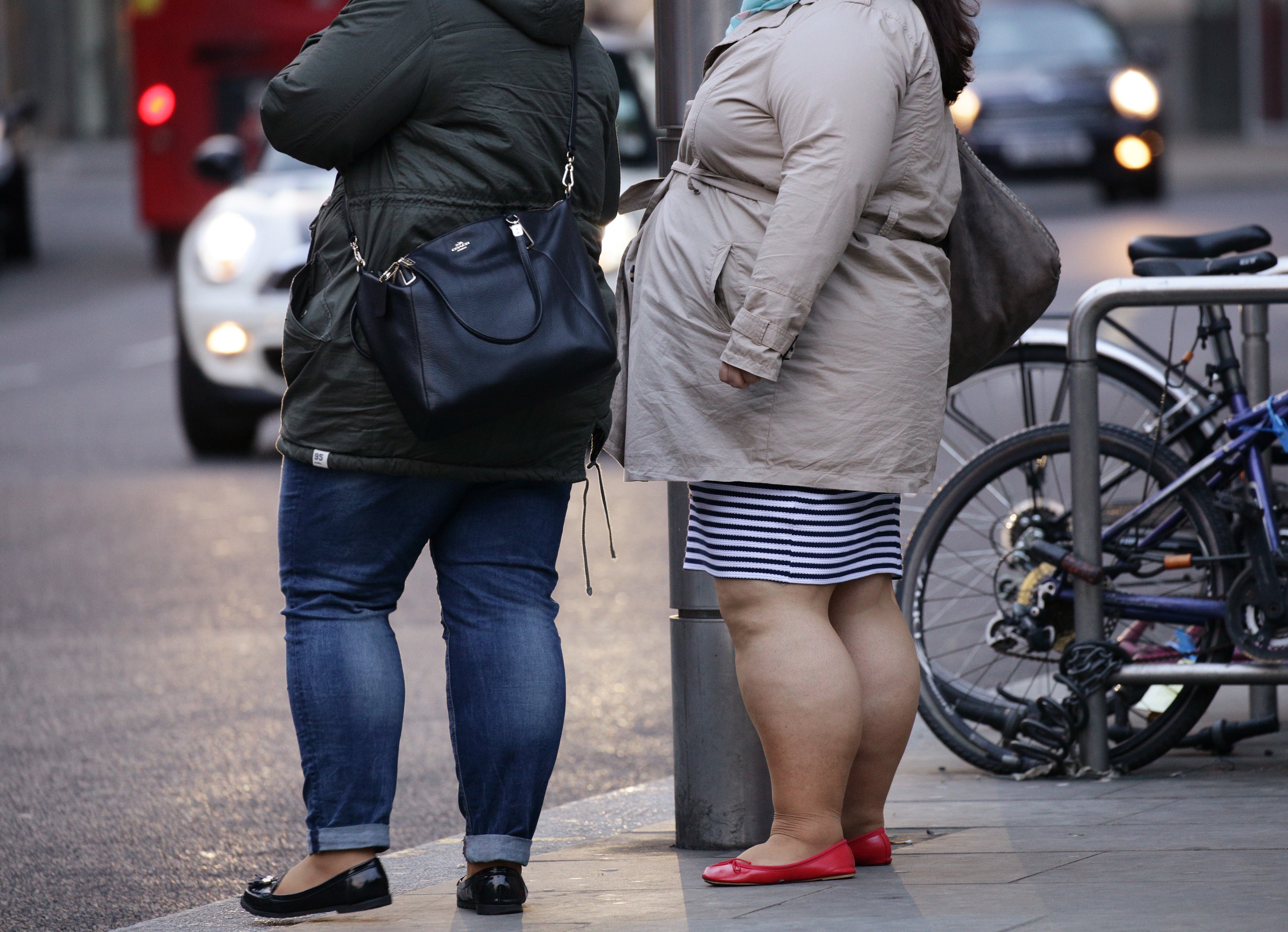Calls for meal deals to be banned from Tesco, M&S, Boots, Sainsbury’s and Asda
The government health official called for the deals to be made illegal to tackle obesity in the UK

Your support helps us to tell the story
From reproductive rights to climate change to Big Tech, The Independent is on the ground when the story is developing. Whether it's investigating the financials of Elon Musk's pro-Trump PAC or producing our latest documentary, 'The A Word', which shines a light on the American women fighting for reproductive rights, we know how important it is to parse out the facts from the messaging.
At such a critical moment in US history, we need reporters on the ground. Your donation allows us to keep sending journalists to speak to both sides of the story.
The Independent is trusted by Americans across the entire political spectrum. And unlike many other quality news outlets, we choose not to lock Americans out of our reporting and analysis with paywalls. We believe quality journalism should be available to everyone, paid for by those who can afford it.
Your support makes all the difference.A government health expert has made calls for meal deals to be banned in top supermarkets in a measure to tackle obesity in the UK.
An official from the government's Health and Safety Executive (HSE) said the popular low priced deals should be made “illegal” to tackle poor eating in the UK and encouraging a healthier diet.
Speaking on The Pat Kenny Show on Wednesday, Dr Donal O'Shea, the HSE's clinical lead, said they should be banned in stores like Tesco, M&S, Sainsbury's, ASDA and Morrisons. He added that the popular meal deals should also be removed from shelves in petrol stations and shops like Boots.
Dr O'Shea said these deals almost always include solely unhealthy food options and therefore should be banned. “Literally, that should be illegal,” he said.
“The industry has the statistics and they know how to prompt and promote consumption, And 70 per cent of people will say no the first time, but if the person behind the counter says ‘well are you sure, it’s a good offer’. Then another 30 per cent will say ‘ah yeah, go on’,” Dr O’Shea said.
“They are actually trained because the industry has the stats and they know how to prompt and they know how to promote consumption. We just have to be super aware of that and try to resist it.

“Those buy one get one free offers are always around the high fat, high salt, high sugar stuff, never around fruit.”
Earlier this month the World Health Organisation (WHO) released a major report that revealed obesity is responsible for 200,000 cancer cases and 1.2 million deaths a year in Europe.
Responding to the report's findings, O'Shea said: “We're beginning to see the impact of the Covid restrictions on weight patterns in young people. We have a kind of population separation. About 2 per cent of the population are super fit, have abs and bodies to die for. And the rest of us have fallen into what is now 65 per cent of adults overweight or obese and unfortunately the childhood stats have not improved.”
It comes as Boris Johnson has been accused of “playing politics with children’s health” after a government U-turn on plans to restrict junk food advertising and multibuy promotions.
The prime minister announced plans for a crackdown on foods with high fat, salt or sugar content after his own brush with death from Covid in 2020, which he blamed in part on his own excessive weight.
But the Department of Health today announced a one-year delay to the proposed ban on buy-one-get-one-free (Bogof) deals for unhealthy foods, as well as a 9pm watershed for TV ads, with rumours in Westminster that the plan will eventually be ditched altogether.

In a bid to curb obesity in the UK, the government last month announced a mandatory menu-labelling which will see calorie counts included next to meals. The policy will apply to larger businesses with 250 or more employees, but has faced mixed reviews with nutritionists and eating disorder charities worried about the potential unhealthy behaviours towards food it could cause.
Tom Quinn, director of external affairs at one of UK’s leading eating disorder charities, Beat, says: “We know from the people we support that including calories on menus can contribute to harmful eating disorder thoughts and behaviours worsening.”
A spokesperson for Saisbury’s said: “We're continuing to test new ways to help our customers make healthy choices as part of our brand purpose to help everyone eat better.
"We offer customers a wide choice of products in our Food to Go range including healthy options such as vegetables, protein-based snacks, fruit pots and yogurts. Customers buying our meal deal can select any three products in the range and get the cheapest one for free,” an ASDA spokesperson said.
Join our commenting forum
Join thought-provoking conversations, follow other Independent readers and see their replies
Comments